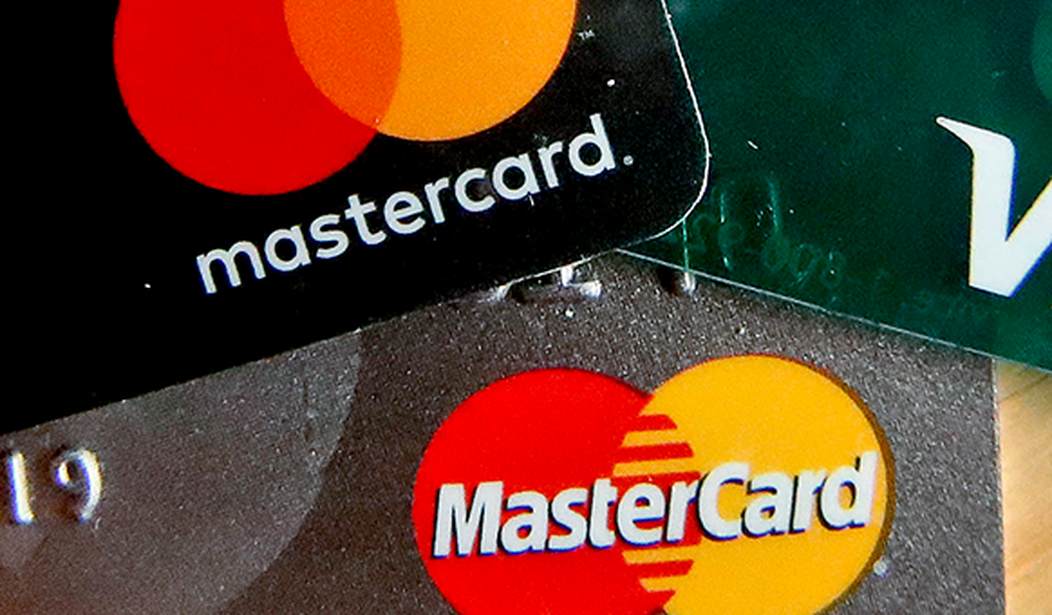Way back when I was in junior high school (that's what they called middle school in those days), I suffered through the usual round of required math classes. While some of those were incomprehensible to the 14-15-year-old me, at least one of them was useful in that it taught practical, applied math skills. We were taught to balance a checkbook, to reckon compound interest, to calculate amortization, and other practical skills, all with pencil and paper. We had given up carving equations into mammoth tusks with flint knives only a year or two before that, you see.
That class prepared us pretty well for the real life many of us entered only a year or two later — I started my first W2, time-clock job at 16 — because we could manage our finances and figure out what kind of loan for, say, a car, that we could handle. Amazingly, we did that without any help from the government.
I'm not sure when schools stopped teaching these things to young skulls full of mush, but they did. Our kids, who went to school in the '80s and '90s, received no such education, requiring their mother and I to fill that gap (along with many others) in their educations. That may be one of the reasons that the Consumer Financial Protection Bureau, an agency that has no constitutional authorization to even exist, is proposing to set up a "consumer-facing tool" to "bring more price transparency to credit card comparison shopping."
“Americans turn to online comparison tools to find the credit card with the lowest interest rates or best rewards,” CFPB Director Rohit Chopra said in a statement accompanying the announcement. “The CFPB is working to ensure that digital advertisements for financial products are not disguised as unbiased and objective advice.”
If CFPB ended with the guidance, it might help to warn the comparison-shopping sites to cool it on offering purely pay-to-play advice. But deep in the CFPB’s advisory on the subject, it casually mentions that it is “developing a consumer-facing tool that, once finished, will bring more price transparency to credit card comparison-shopping.”
In fact, CFPB has been preparing this for months. Twice per year, the agency puts out a Terms of Credit Card Plans survey, fulfilling a mandate by Congress to give consumers detailed disclosure on credit card rates, fees, and other features. In 2022, CFPB began to consider updating its collection process to comprehensively obtain data, force the biggest banks to disclose APRs by credit score tiers, and add to the dataset what regional banks and credit unions offer for their products.
Here's my question: Why? Not just "Why does the CFPB even exist when the 10th Amendment prohibits it," but "Why do Americans need the federal government to hold their hands through this process?"
See Related: New Details: Consumer Financial Protection Bureau Shells Out $6M to Close Discrimination Lawsuit
Pay Raise Fight at Consumer Financial Protection Bureau: Big Raises for Execs, Bupkis for Workers
If the message here is "Put not your trust in banks and credit unions that are trying to sell you a credit card," then fine; that's not the worst advice ever given or received. My parents, both children of the Great Depression, taught me a healthy distrust of buying on credit; I was almost thirty before I took out an auto loan, and boy howdy did I ever drive some clunkers in those years. In fact, during the 1984 presidential election, a friend once asked me why I had both Reagan-Bush and Mondale-Ferraro bumper stickers on my truck's tailgate; my reply was that my tailgate was rusted out, duct tape cost a couple of bucks a roll, but they were giving out bumper stickers for free.
(I did try to layer the Reagan stickers over the Mondale ones.)
To this day, I retain a healthy skepticism of credit cards; the one card we keep is used only for travel expenses and the balance is paid off every month.
While it is a rather egregious abuse of taxpayer dollars to set up some tool to "guide" Americans in decisions that they should be perfectly capable of making for themselves, I have some other concerns; this "consumer-facing tool" is aimed at "helping" people to make financial decisions, but what underlying agendas will be built into this tool? We have seen, in recent years, government attempts to clamp down on perfectly legal yet unpopular (among the left) industries by applying financial pressure — will this tool be more of that same? It's difficult, in this age of DEI, ESG, and Operation Choke Point, to believe that this "tool" will be anything but slanted to the left.
The CFPB has no business doing this. It's not an enumerated power of the federal government to provide financial advice, and it is laughable that the federal government is in any way competent to dispense such advice, given the financial mess that Washington has us in.














Join the conversation as a VIP Member